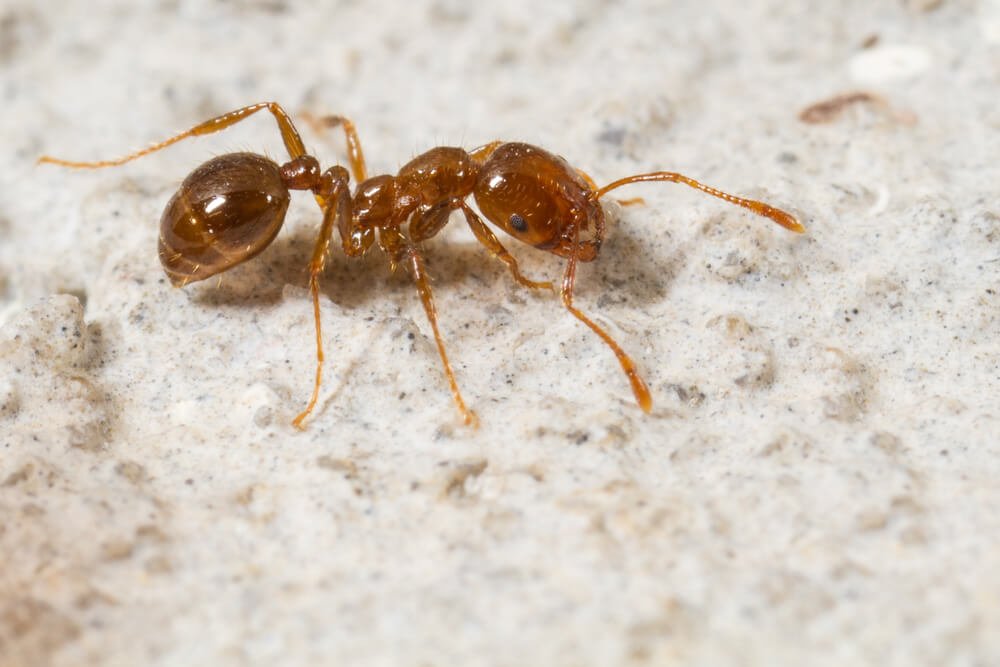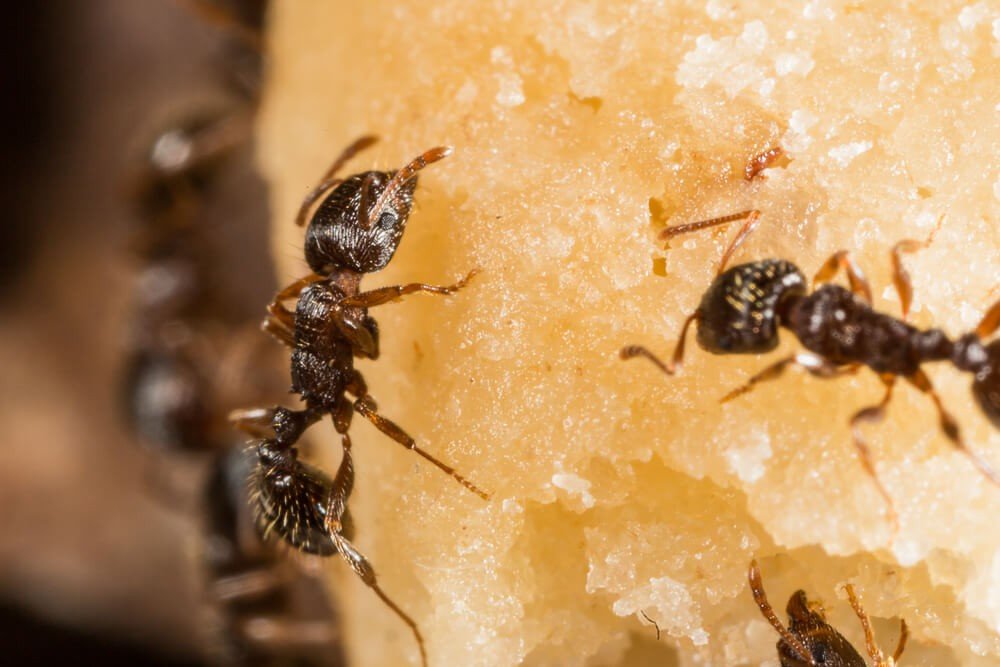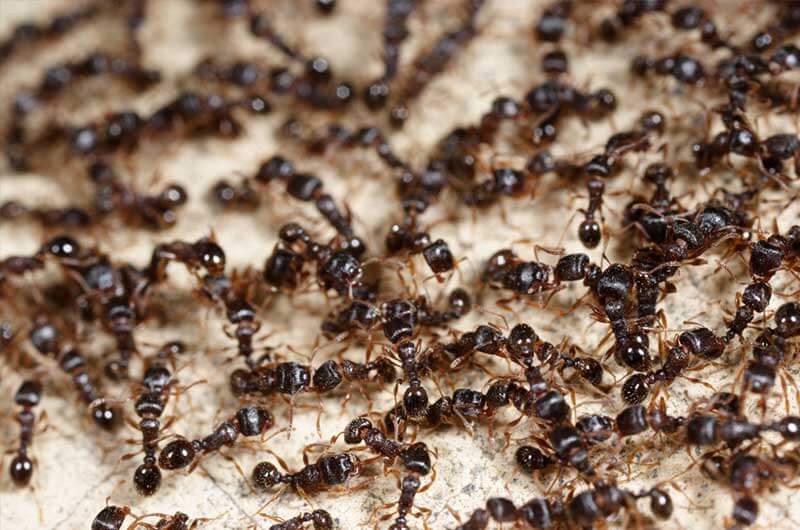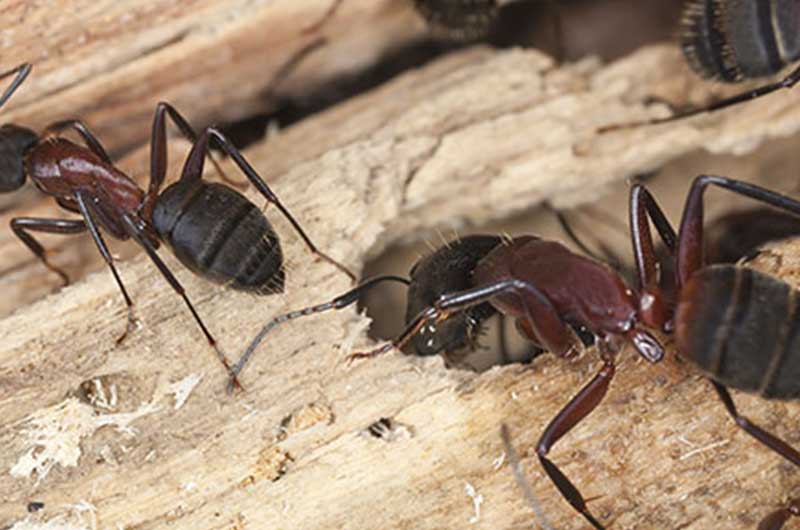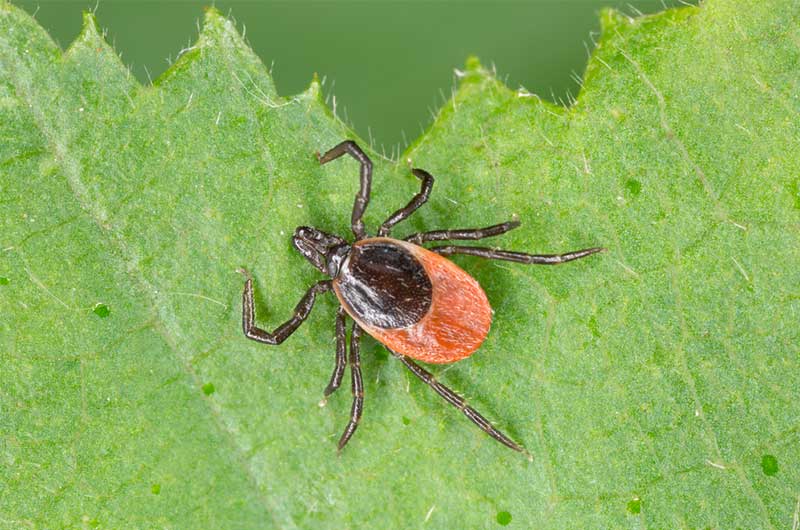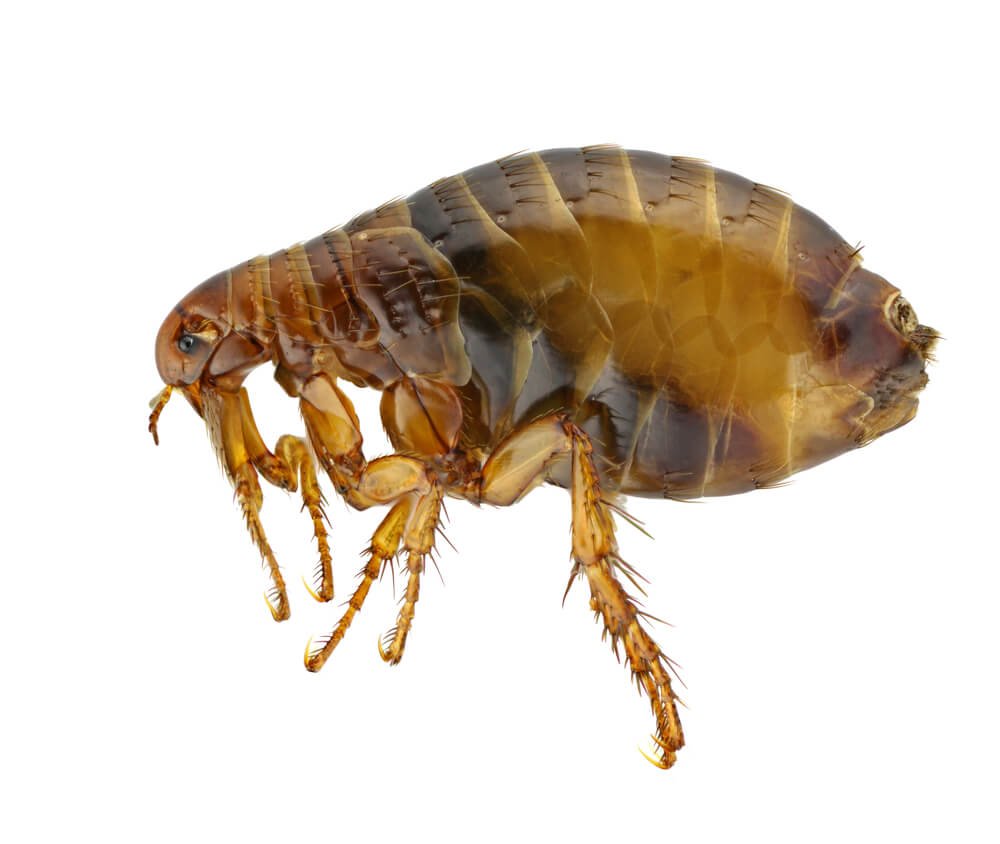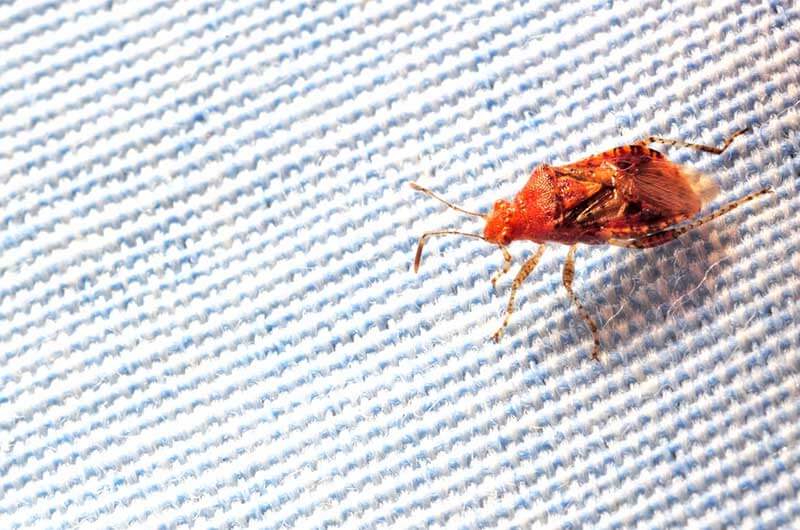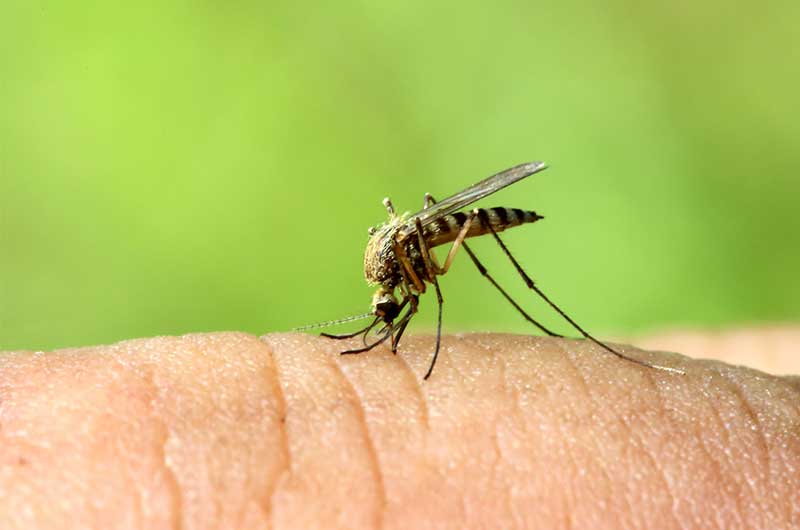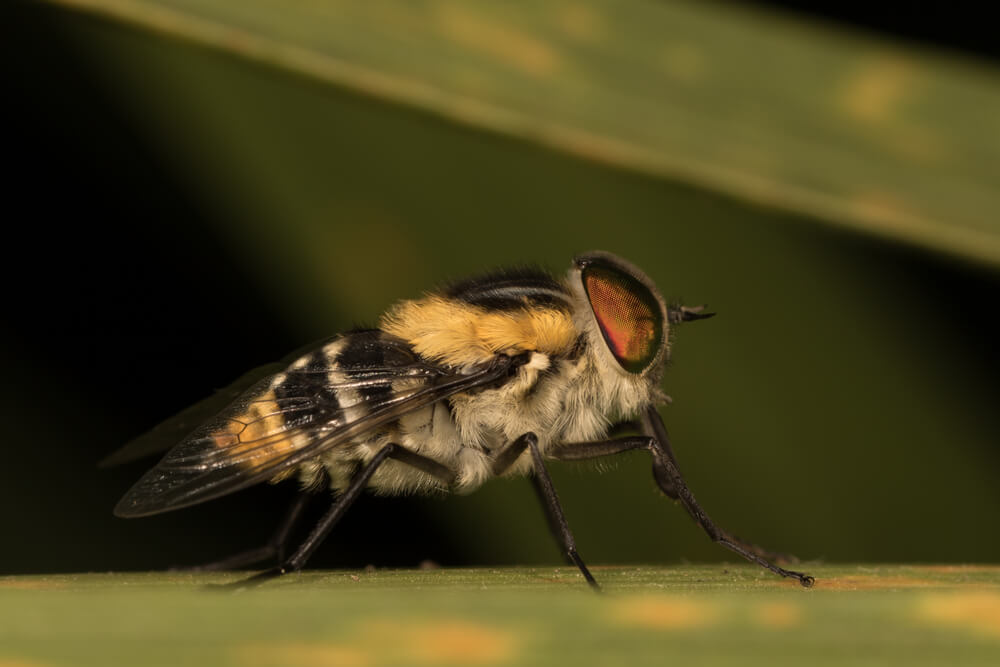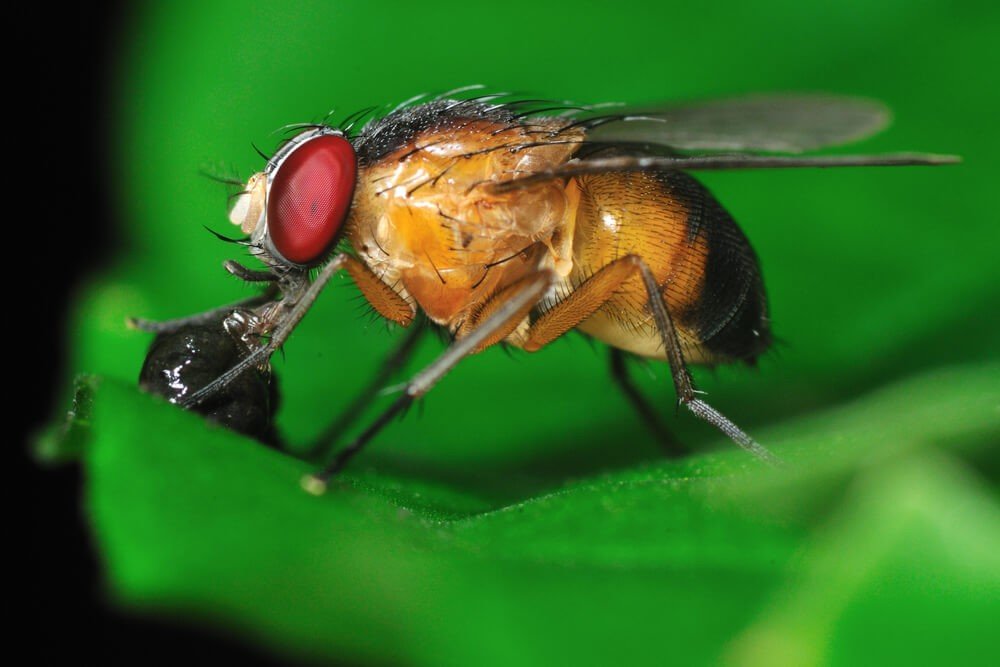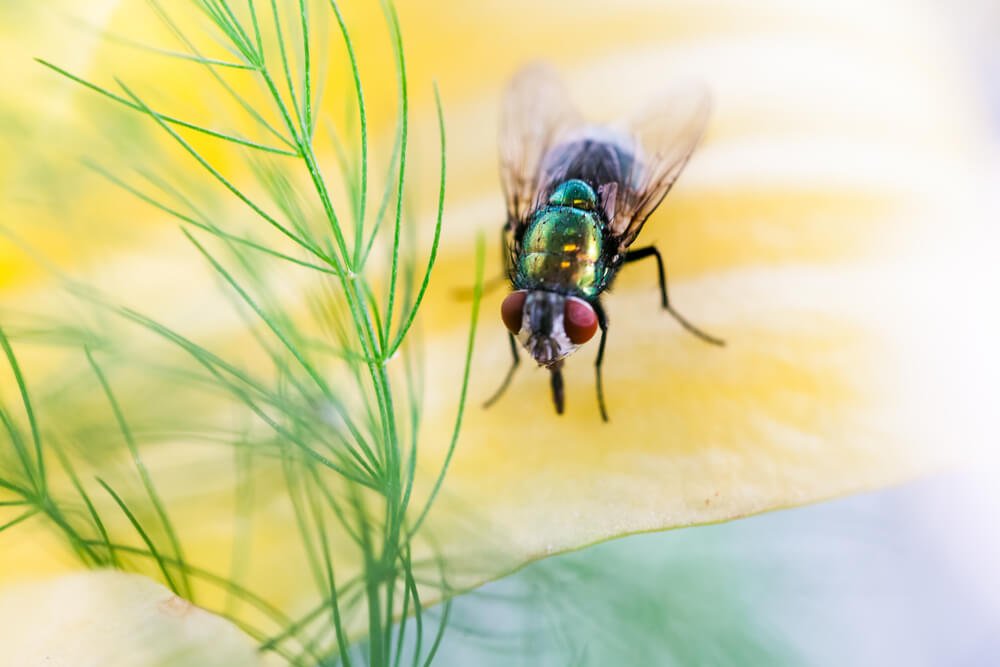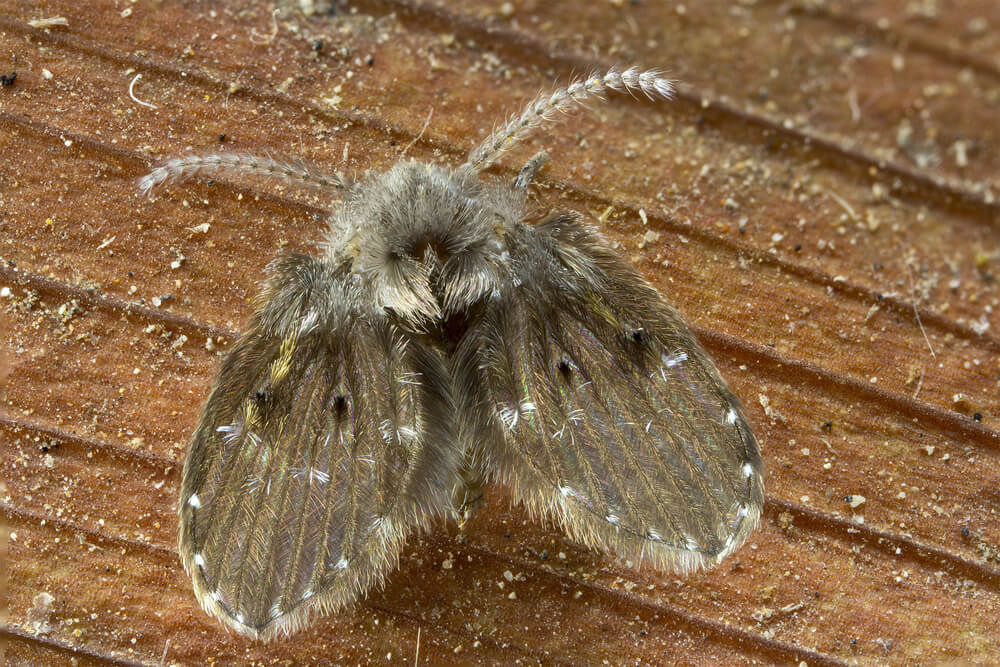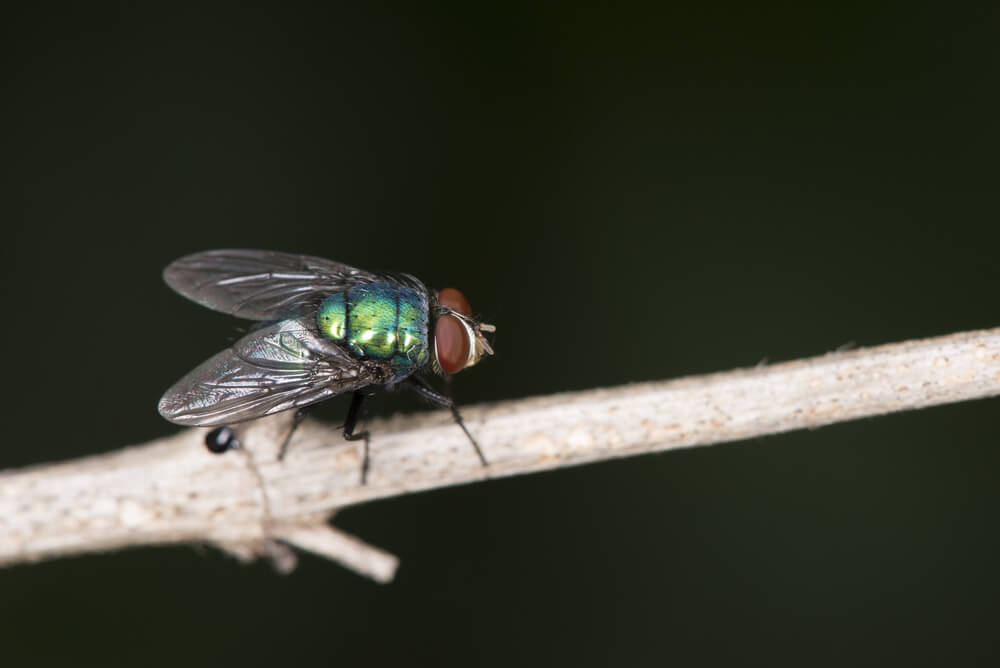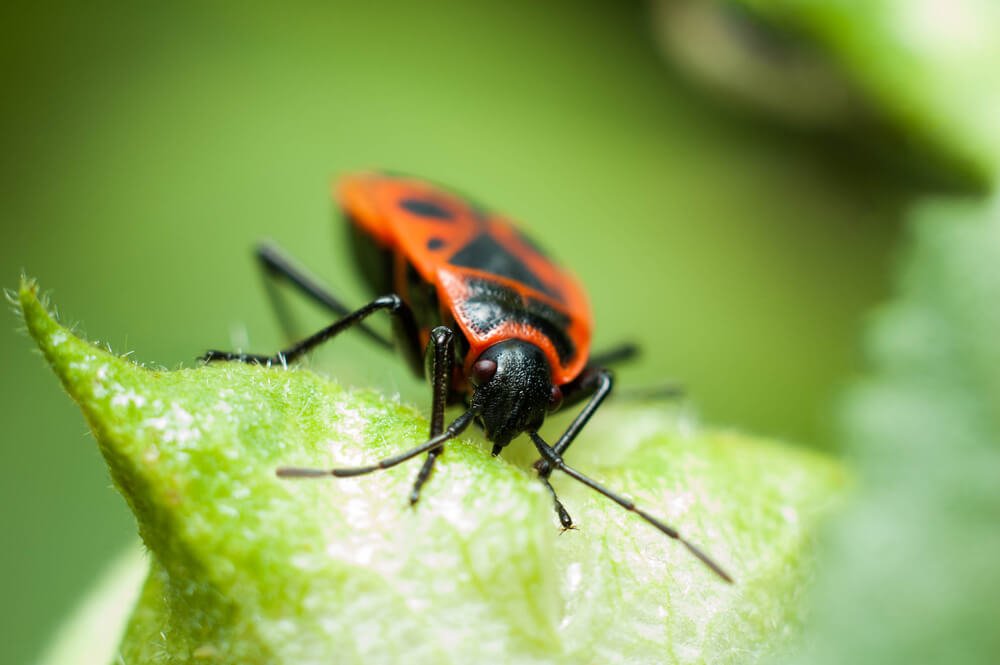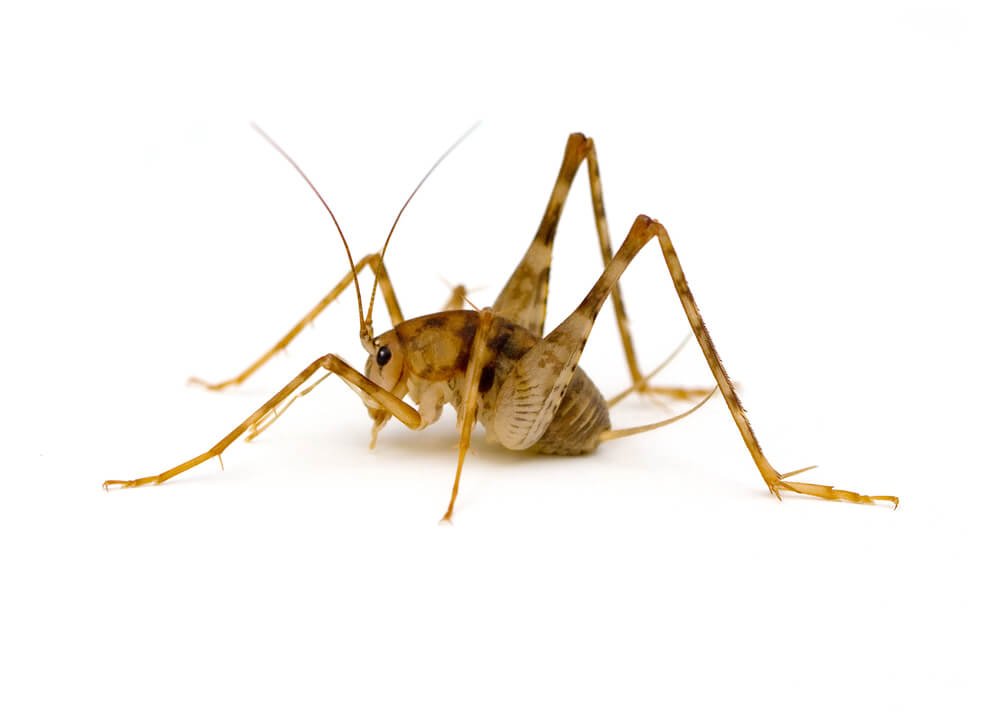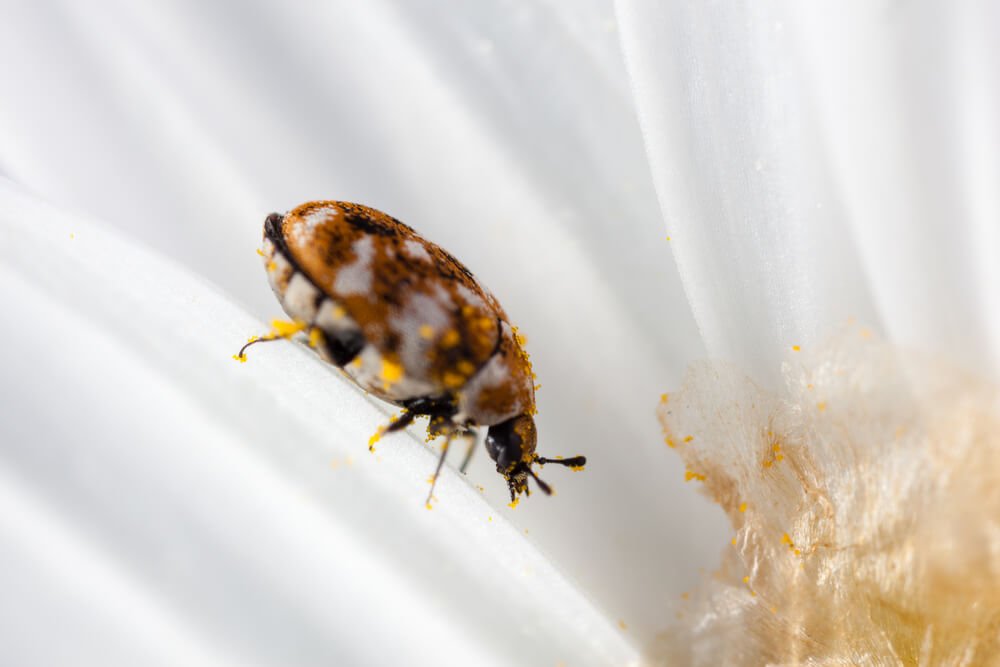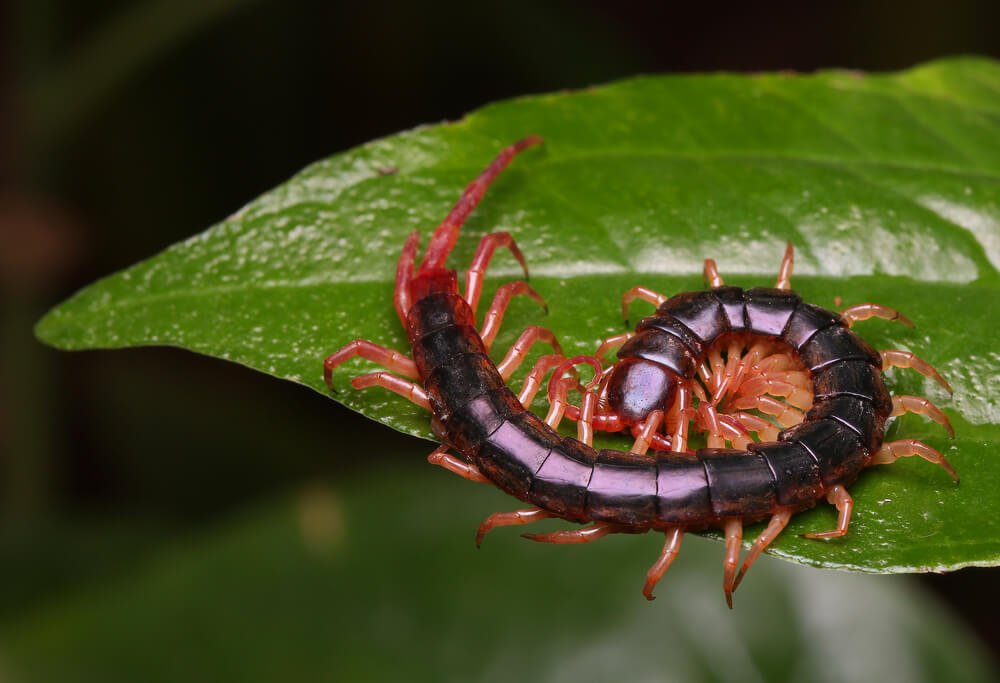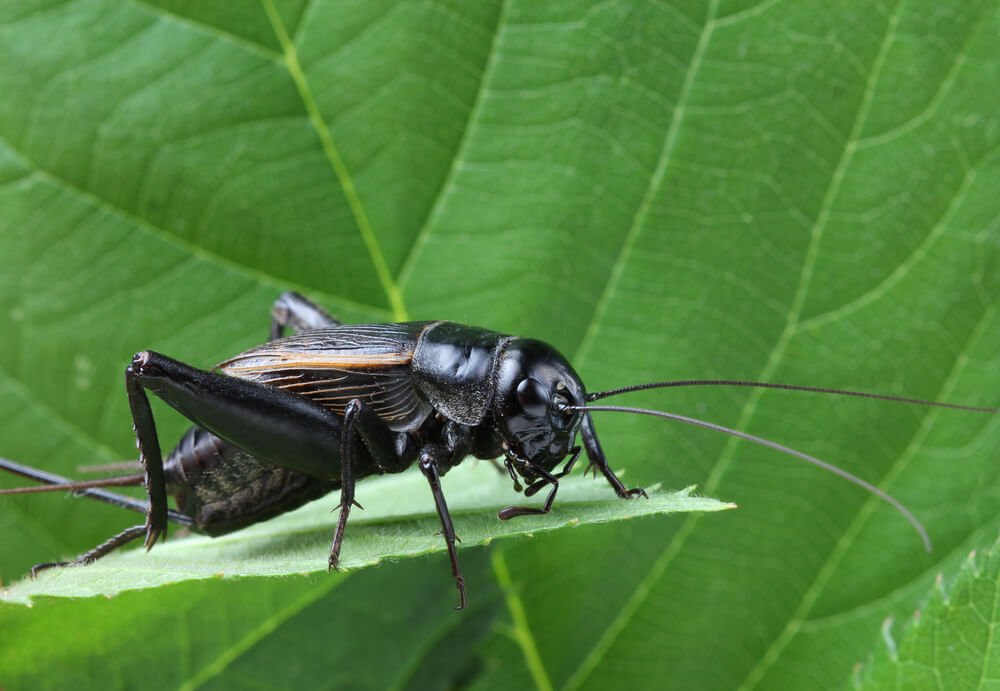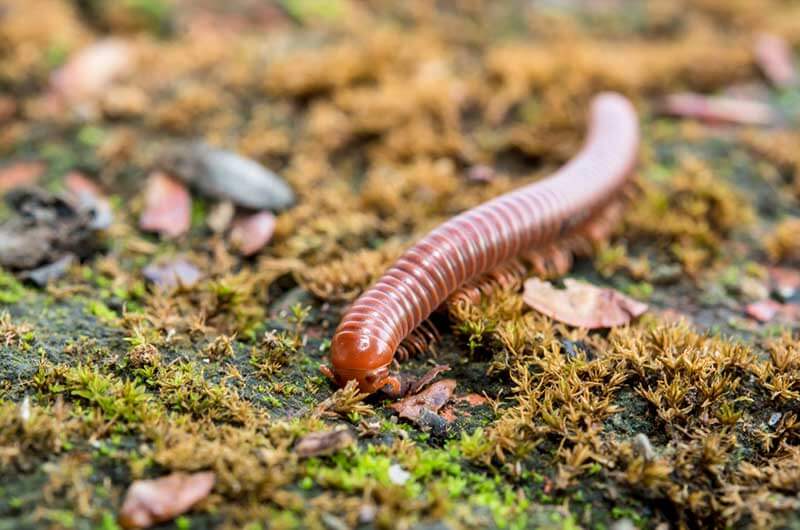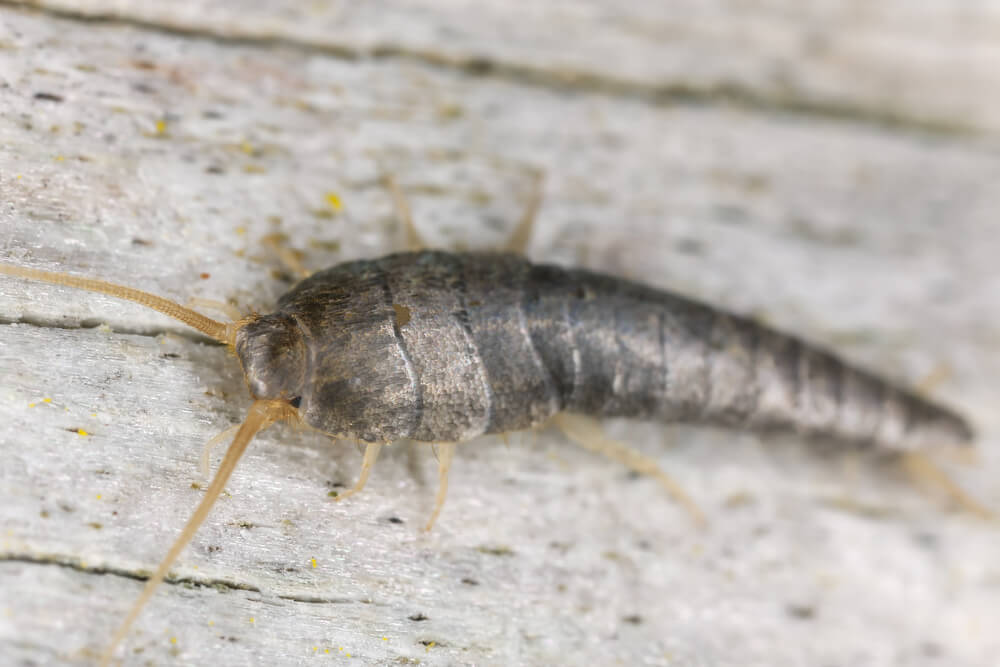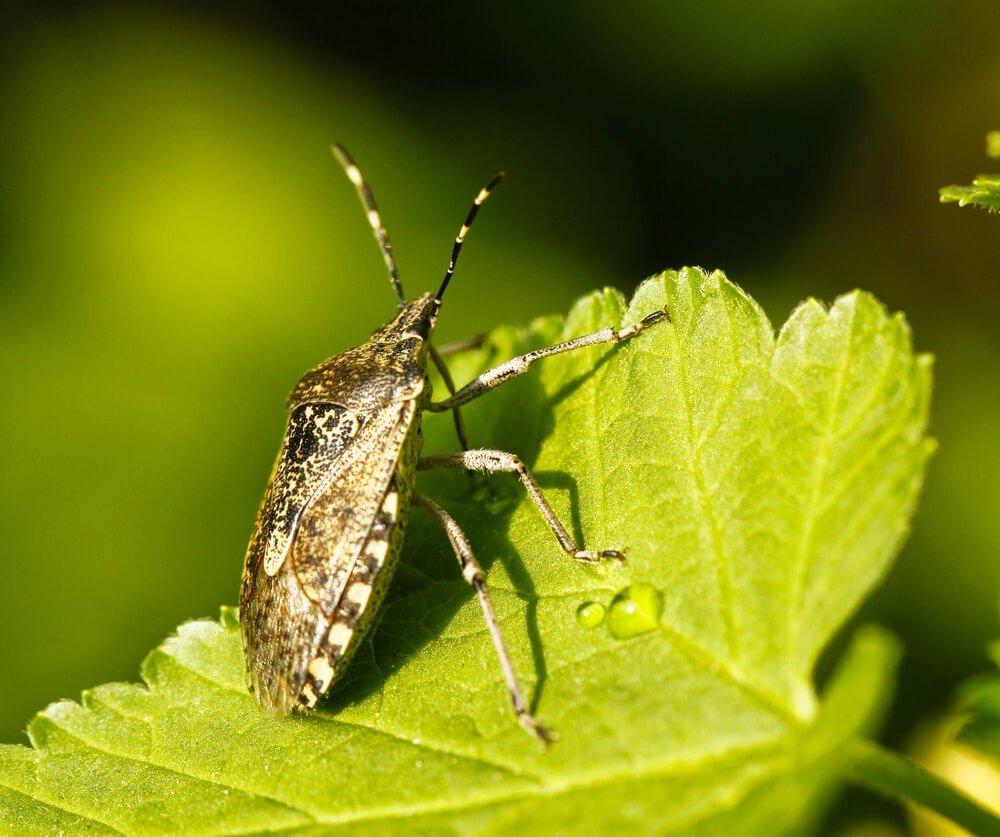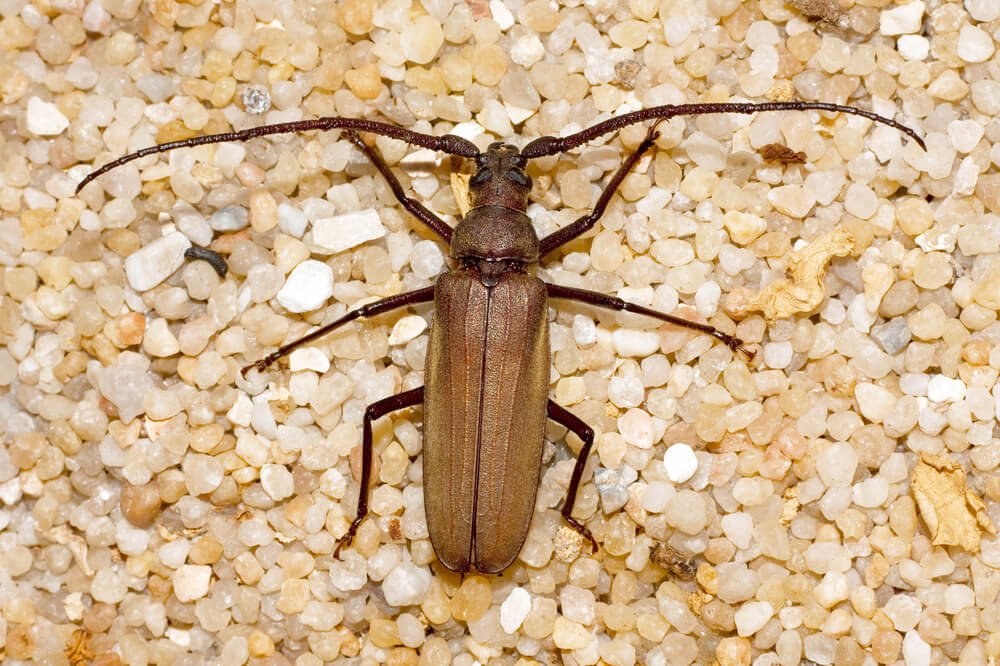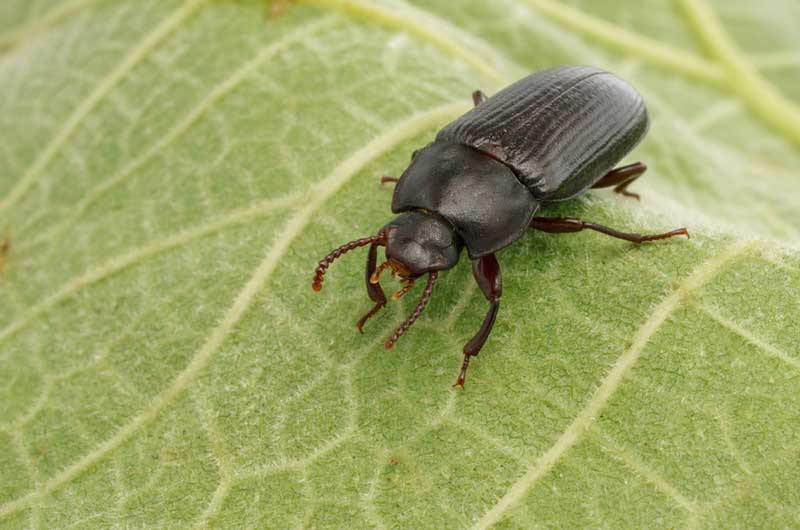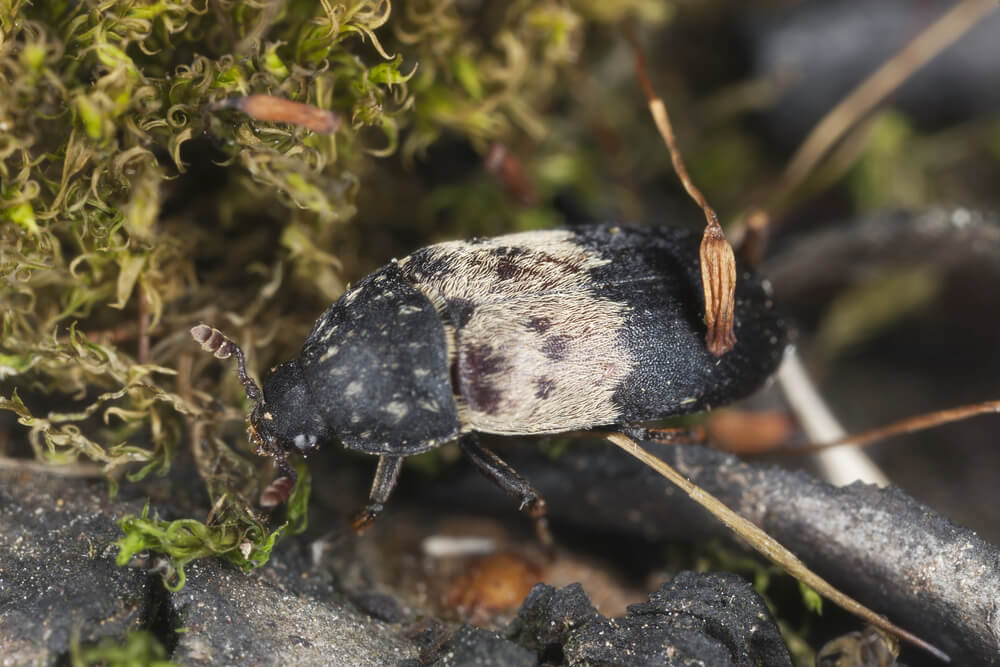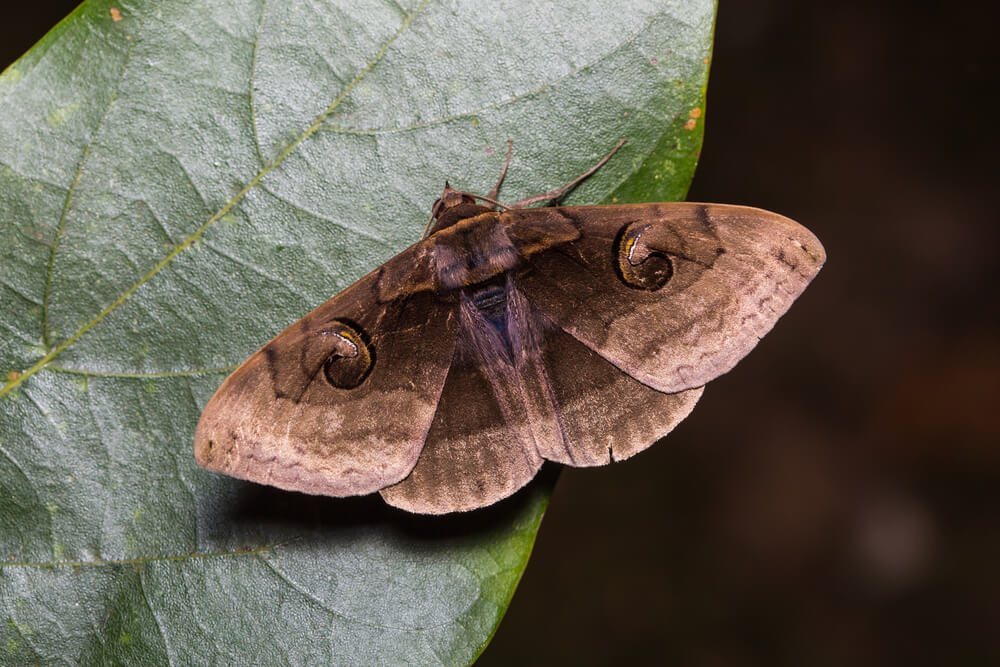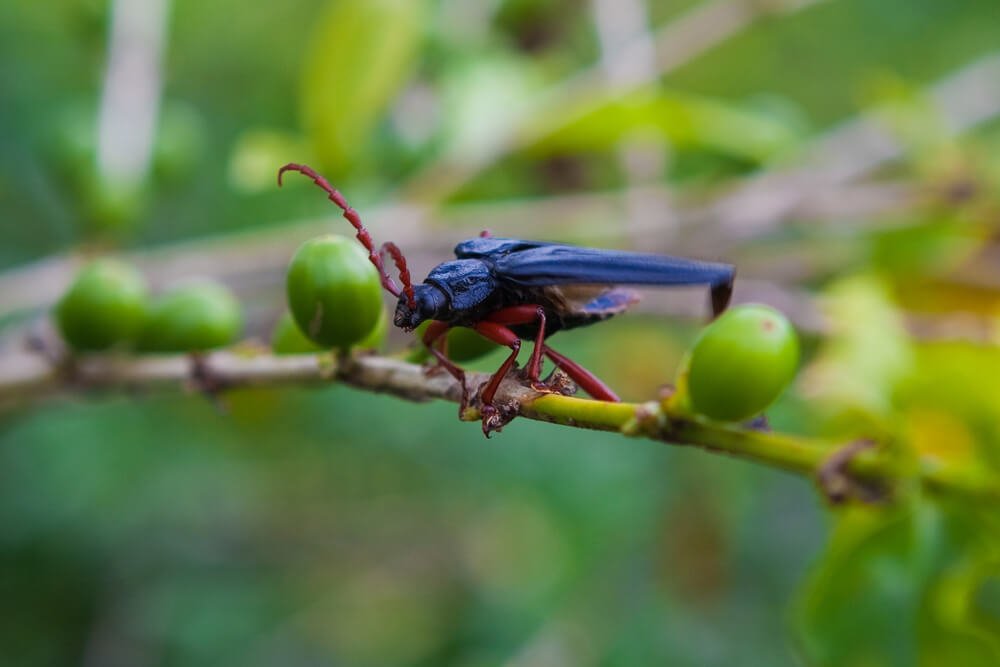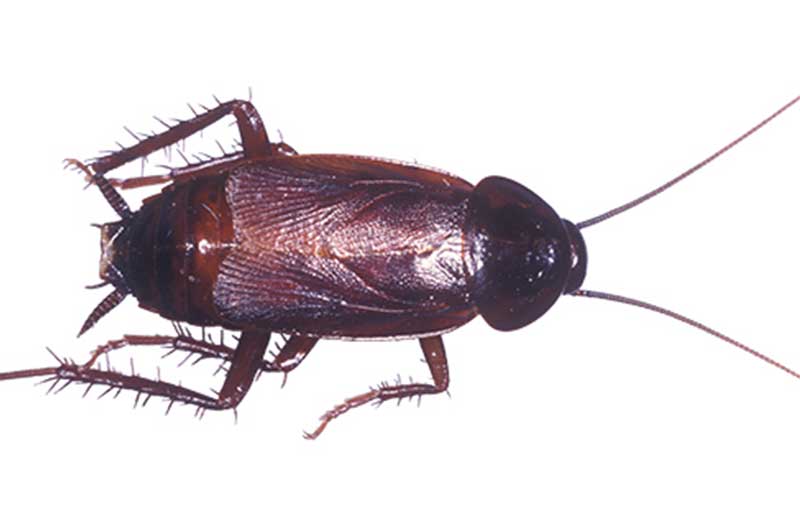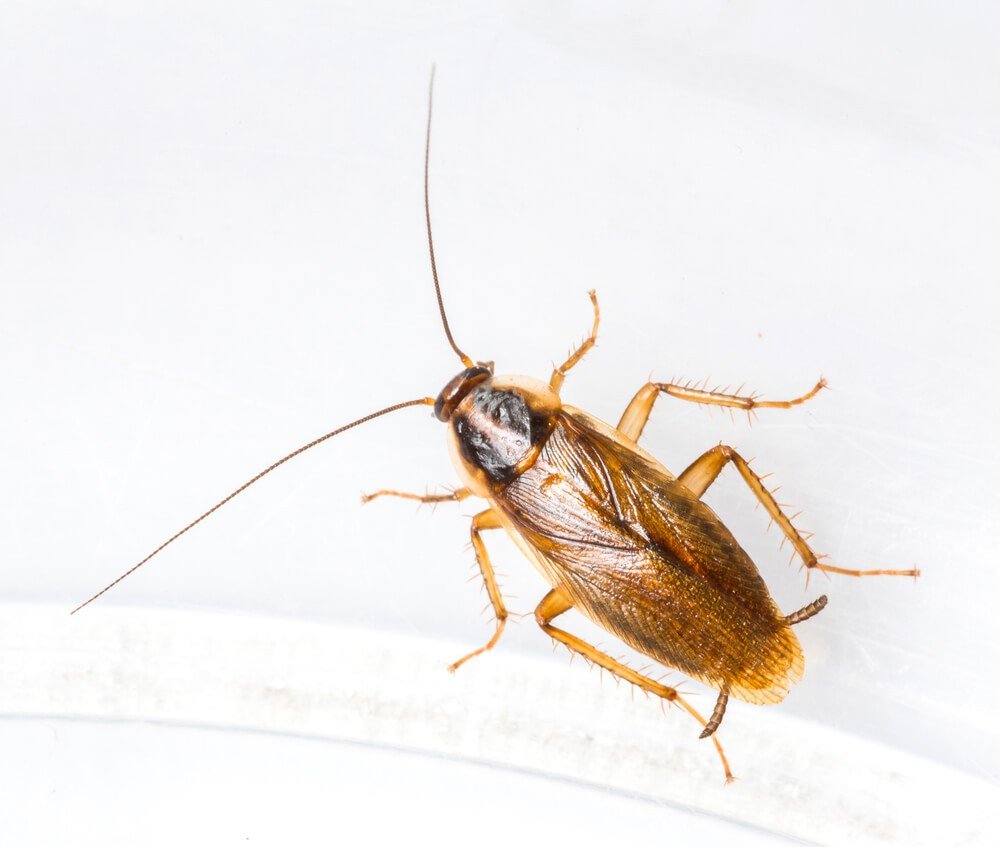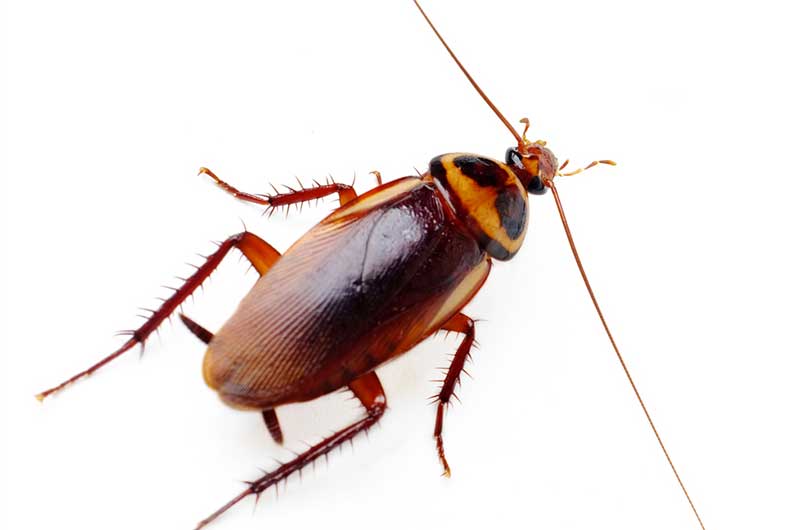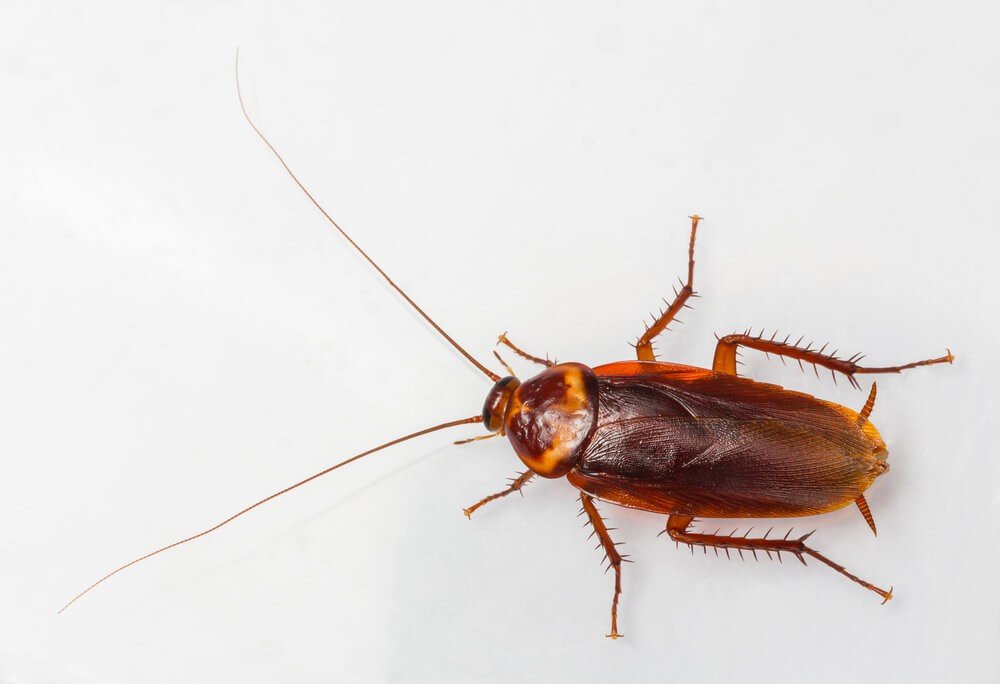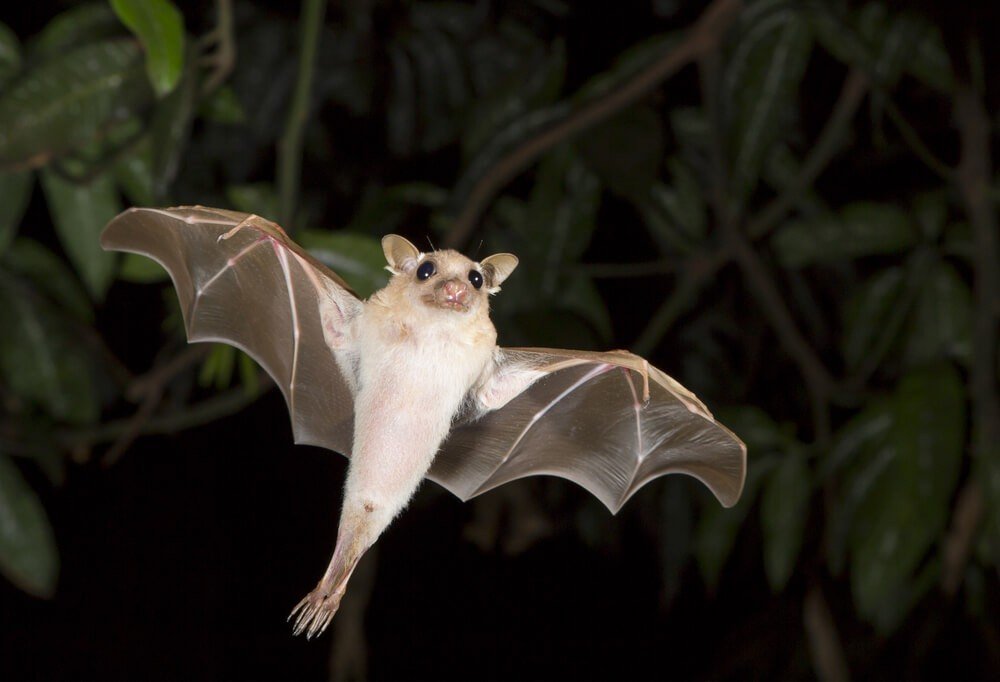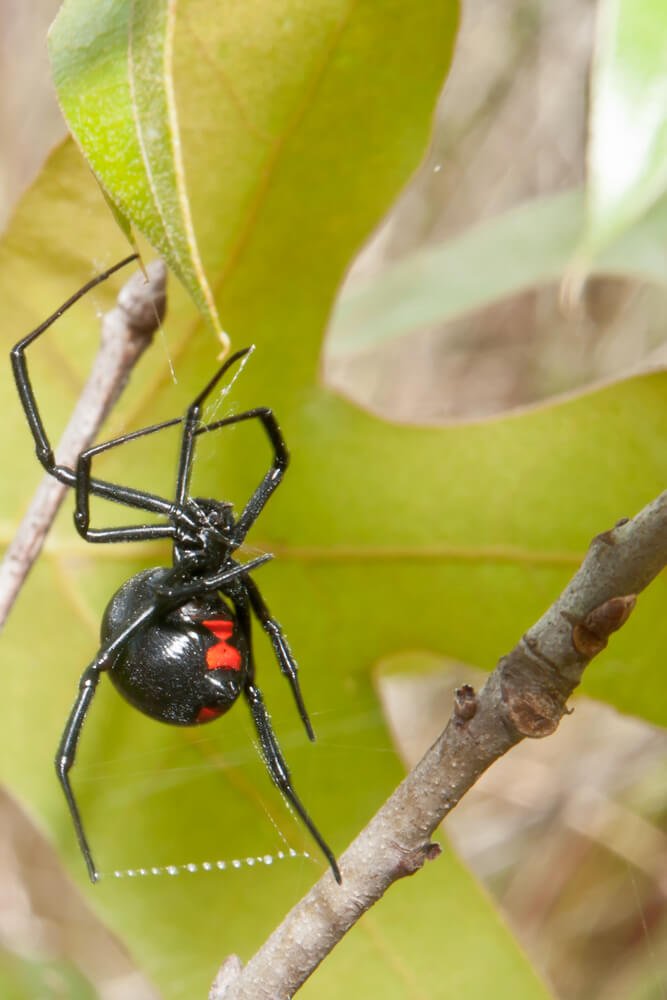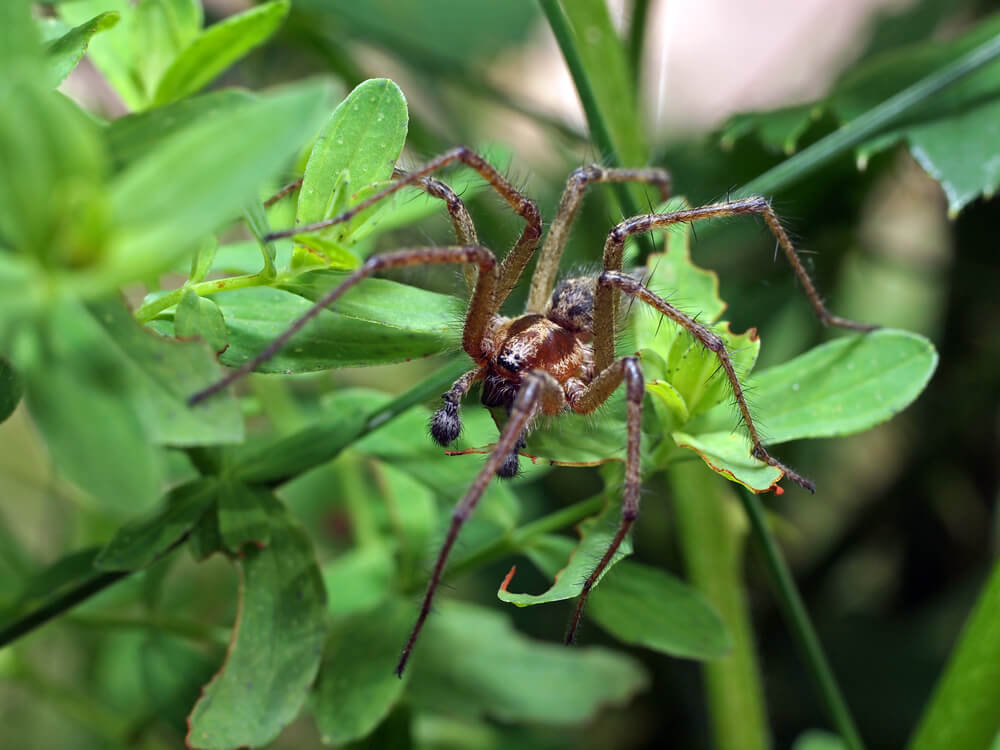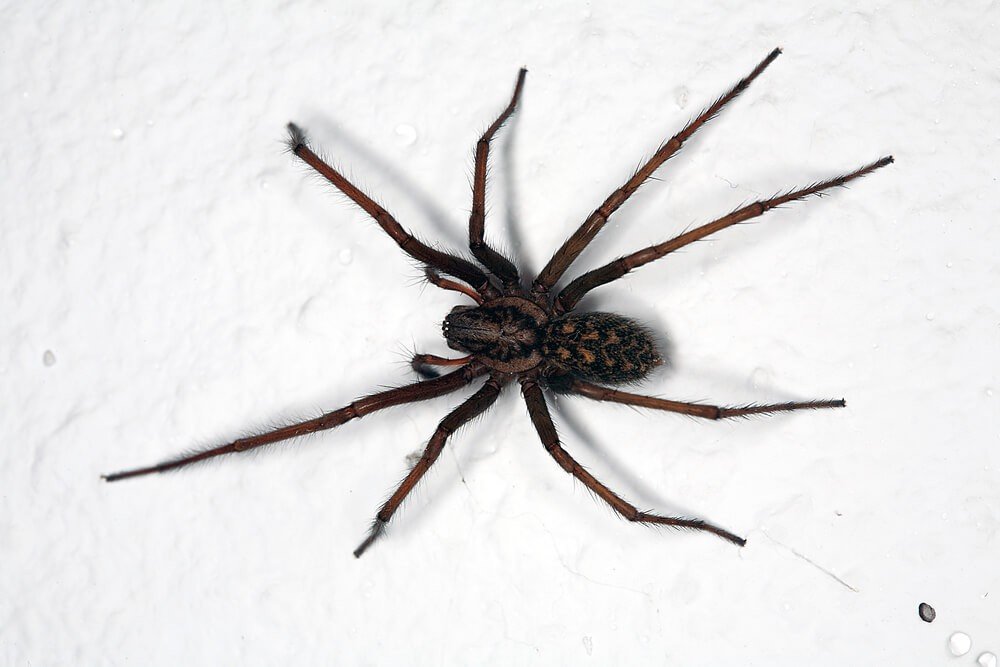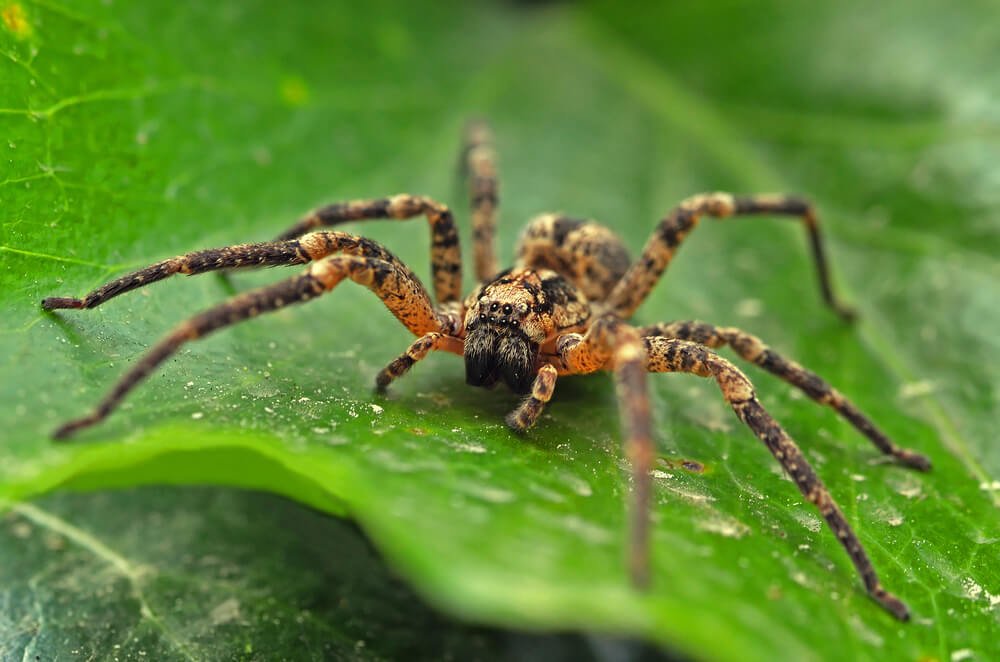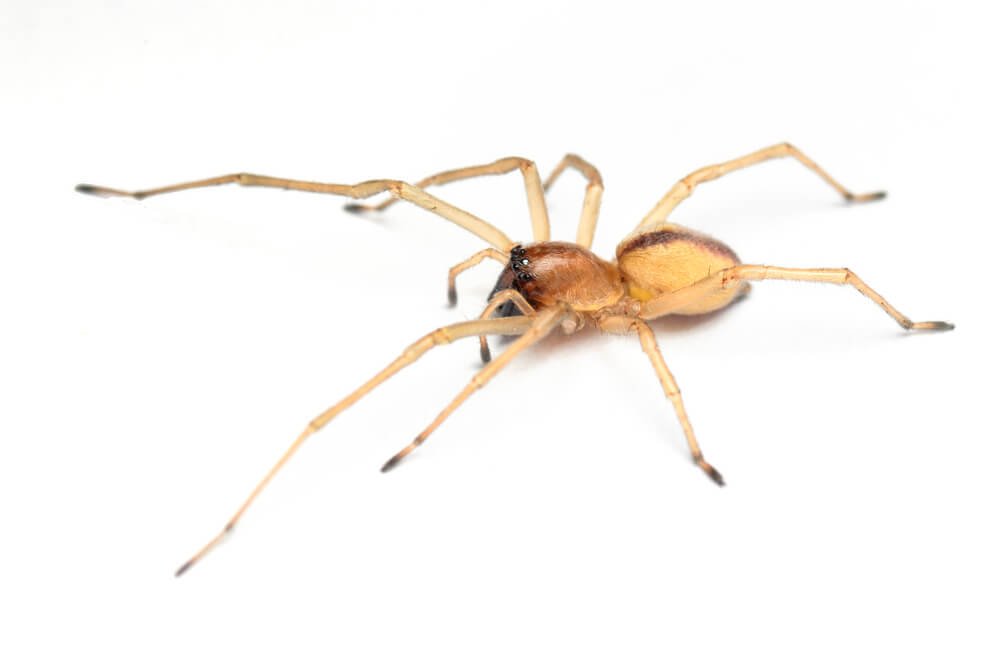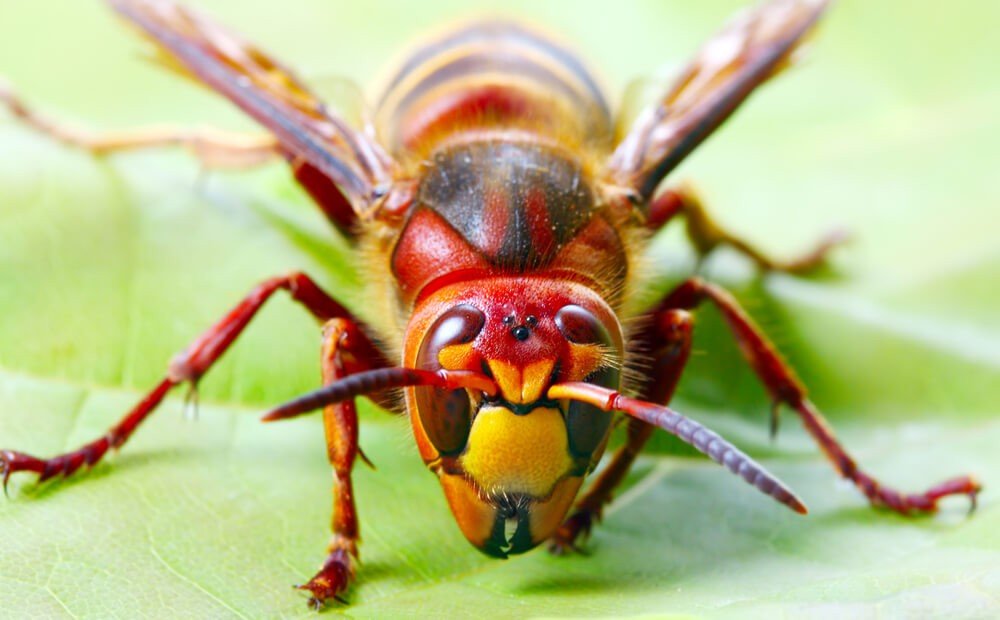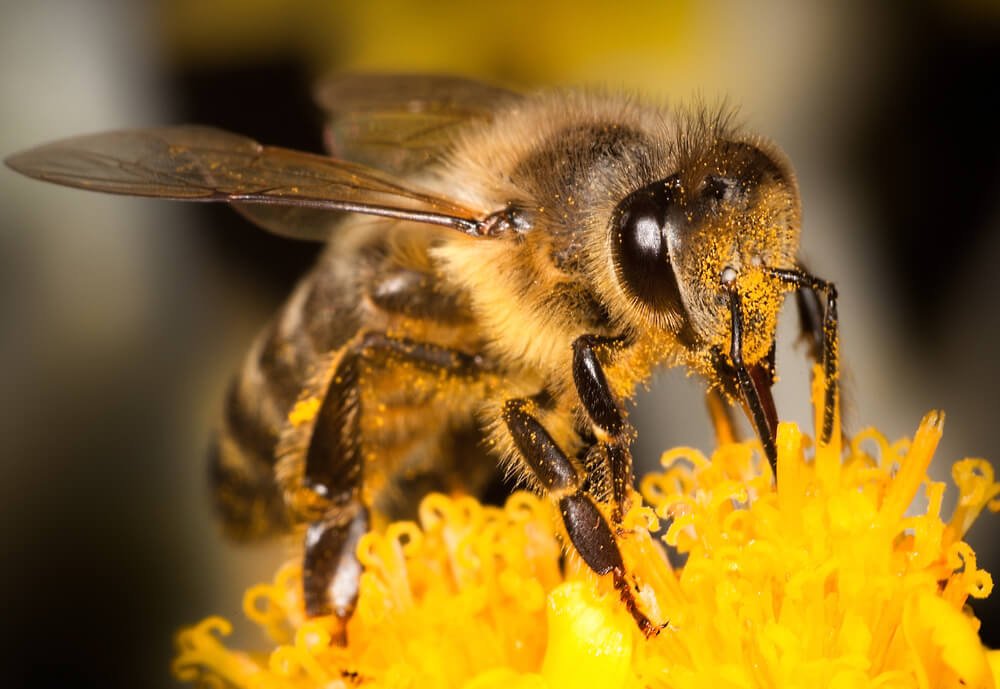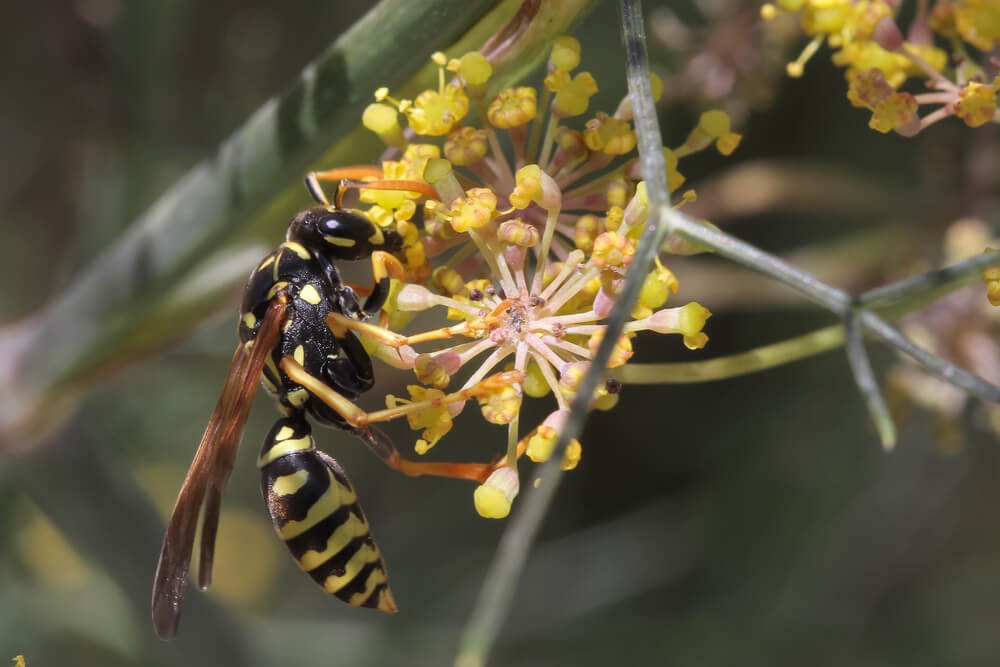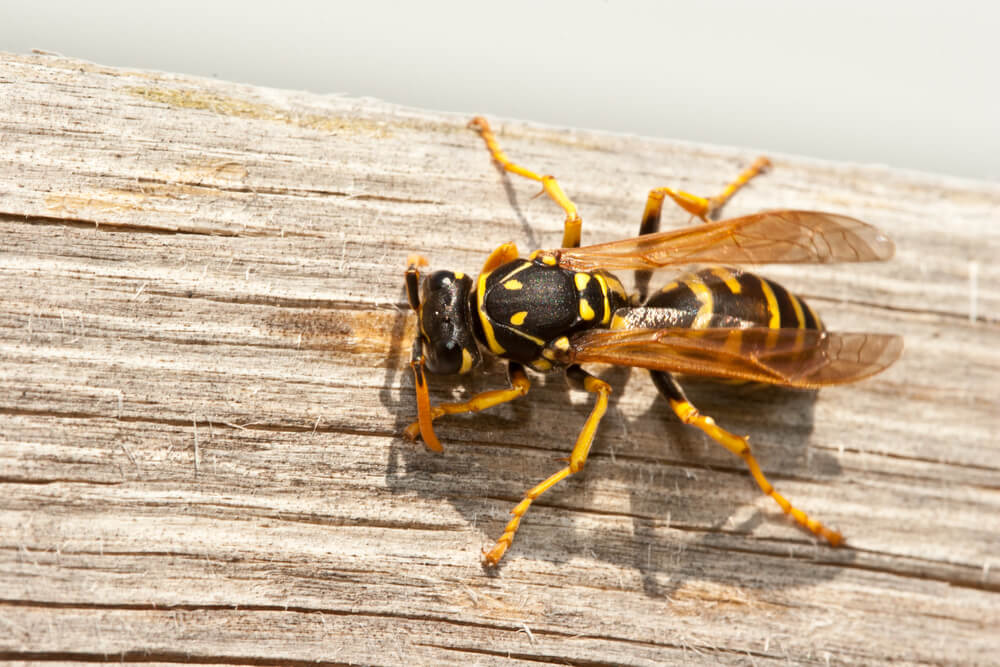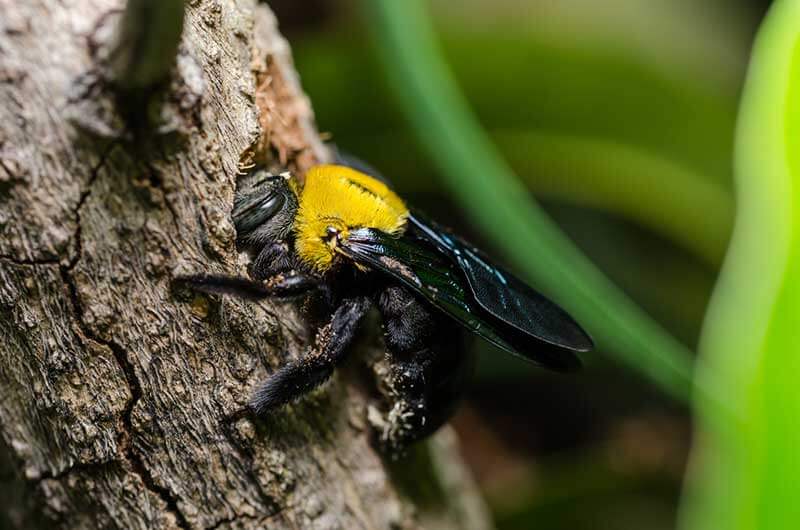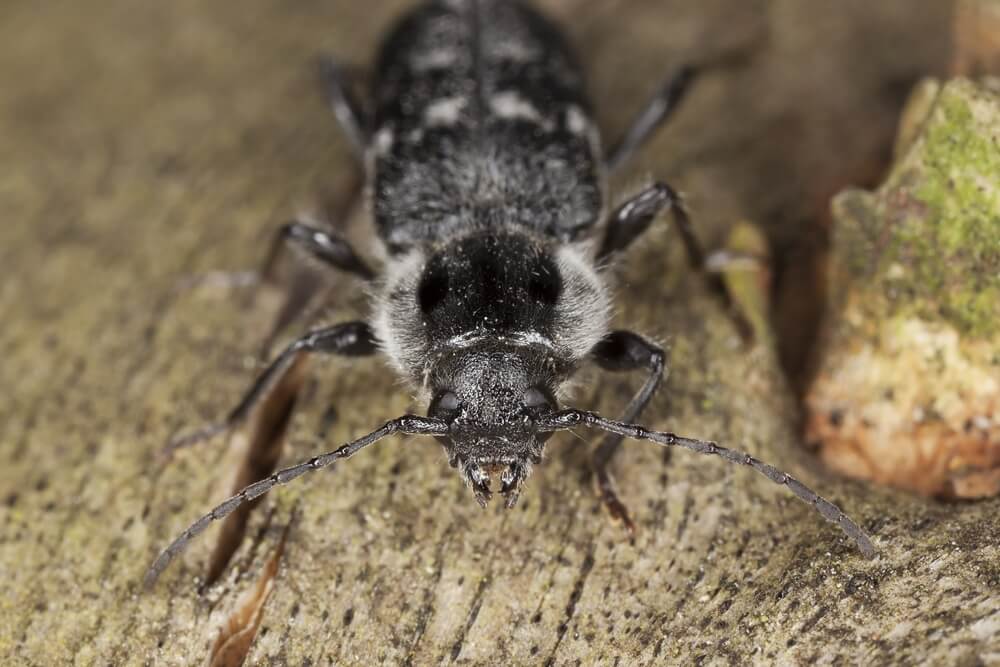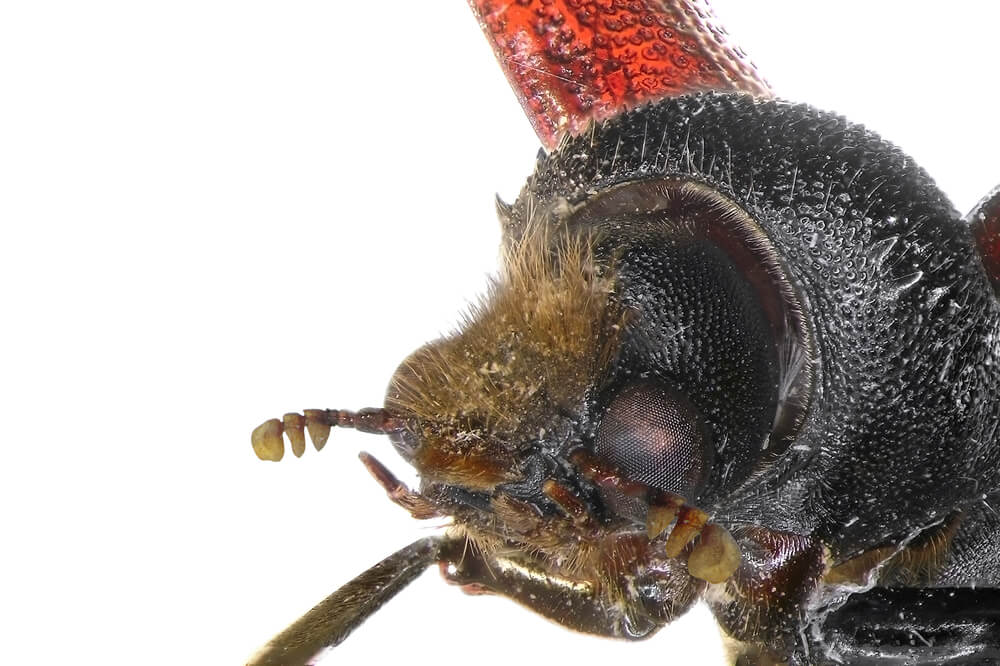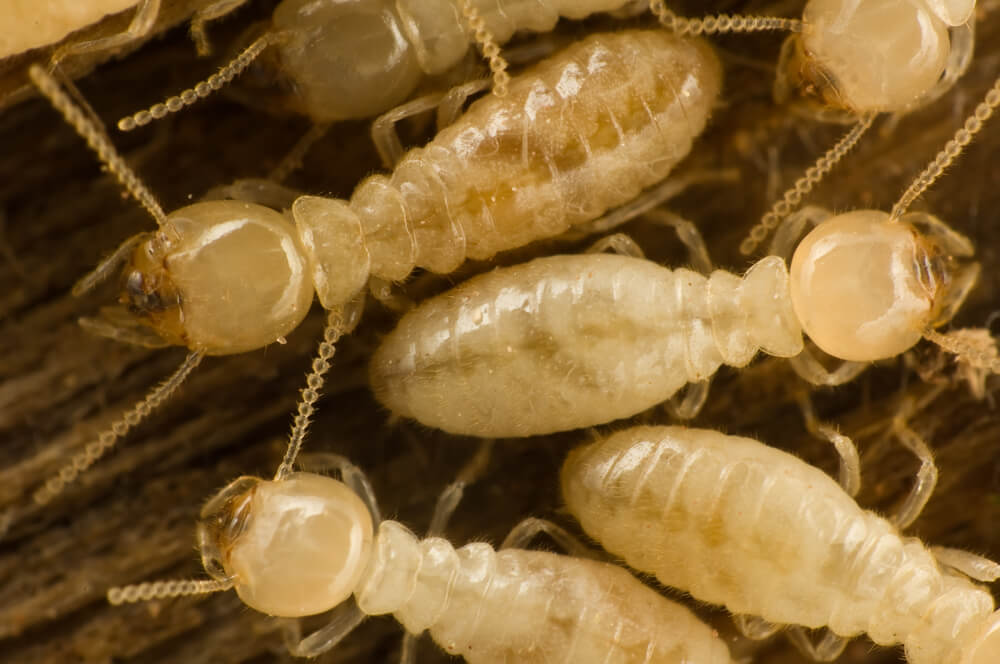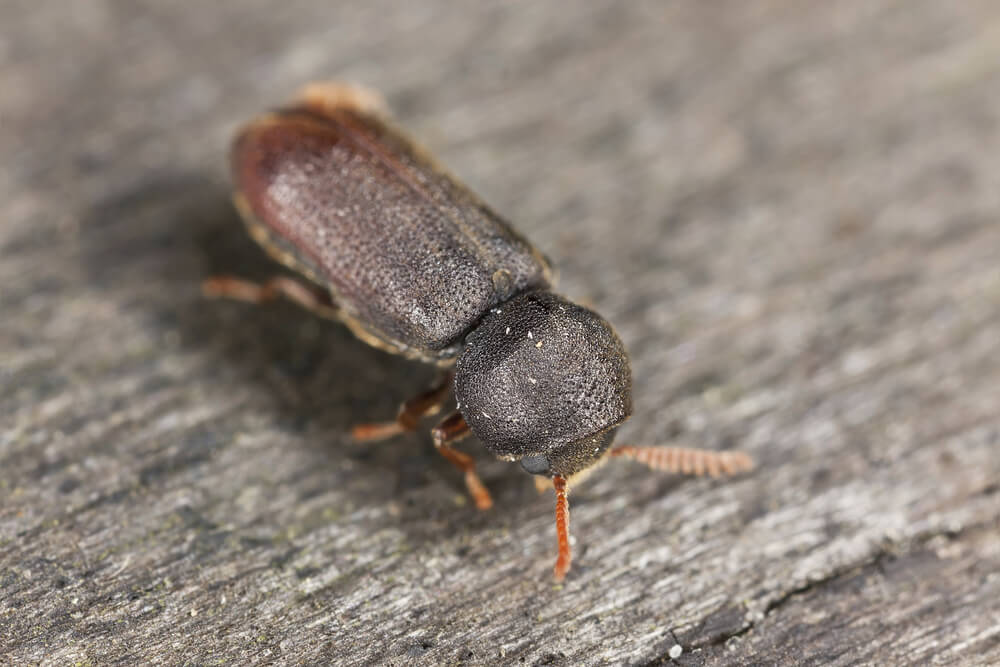Encephalitis: A Reason to be Concerned about Mosquitoes
Encephalitis is an inflammation of the brain, and is an illness primarily carried by mosquitoes and ticks.Young children, the elderly, and individuals with a weakened immune system are most at risk. Encephalitis usually occurs within two to three weeks after the symptoms of a viral illness appear.
 The symptoms of encephalitis are:
The symptoms of encephalitis are:
-
Headaches
-
Fever
-
Confused thinking
-
Seizures
-
Impeded vision, speech, and movement
Young children may also experience nausea, vomiting, and body stiffness. Medial care should be sought immediately upon noticing any symptoms, as the onset can be sudden and severe, and usually results in emergency care. Encephalitis is treated with antiviral drugs as well as inflammatory drugs, and hospital care is always necessary. Fortunately, this illness is not contagious.
Types of Encephalitis
Eastern Equine Encephalitis – This is considered one of the most serious of the mosquito-borne diseases in the U.S, and occurs in the eastern half of the U.S., primarily in Virginia's coast plain. People who engage in outdoor work or recreational activities in these areas are at an increased risk, particularly those under 15 or over 50 years of age. The virus is transmitted to humans through the bite of an infected mosquito, and also frequently infects horses and certain birds. Symptoms are flu like, and unfortunately about 35% of individuals who get this disease die, while another 35% that survive will have permanent mild to severe neurological effects from the disease.
 St. Louis Encephalitis – This is closely related to the West Nile Virus, and is transmitted by the same species of mosquito. This disease is actually milder in children than adults, and elderly individuals are much more likely to develop severe neurological effects from the disease. Fatality rates range from 5 to 15%. Mild infections can occur without any symptoms besides a fever and headache. More severe infections include neck stiffness, stupor, disorientation, coma, tremors, convulsions, and mild paralysis. Mosquitoes become infected by feeding on infected birds.
St. Louis Encephalitis – This is closely related to the West Nile Virus, and is transmitted by the same species of mosquito. This disease is actually milder in children than adults, and elderly individuals are much more likely to develop severe neurological effects from the disease. Fatality rates range from 5 to 15%. Mild infections can occur without any symptoms besides a fever and headache. More severe infections include neck stiffness, stupor, disorientation, coma, tremors, convulsions, and mild paralysis. Mosquitoes become infected by feeding on infected birds.
La Crosse Encephalitis – This is a mosquito-borne illness that has been identified in Midwestern and Mid-Atlantic states, including western parts of Virginia. Most cases occur in children under the age of 16, and the illness typically occurs during the summertime. Symptoms include seizures, coma, and paralysis, and neurological complications may occur after recovery. Death occurs in less than 1% of cases, but children may suffer from permanent learning disabilities because of the neurological effects of the disease. Mosquitoes become infected by feeding on infected squirrels and chipmunks.
The best way to prevent encephalitis is by preventing the initial viral illness through avoiding exposure. This can be done by preventing exposure to mosquitoes and ticks, as well as receiving all recommended vaccines by a medical professional.
 Some tips on avoiding exposure include:
Some tips on avoiding exposure include:
-
Wear loose fitting clothing that covers most of the body, wear a hat, tuck pants into socks, and avoid bright colors
-
Use a repellant on exposed areas of skin, choose one that has DEET (except on children under 2 months of age), picaridin, or oil of lemon eucalyptus, and reapply every 4 to 6 hours
-
Avoid situations that would create standing water in the yard, as this is where mosquitoes breed
-
Keep lawn mowed and bushes trimmed
This information was taken from the Virginia Department of Health website. The main page on encephalitis can be found here:http://www.permatreat.com/wp-content/uploads/2013/09/Encephalitis.pdf






